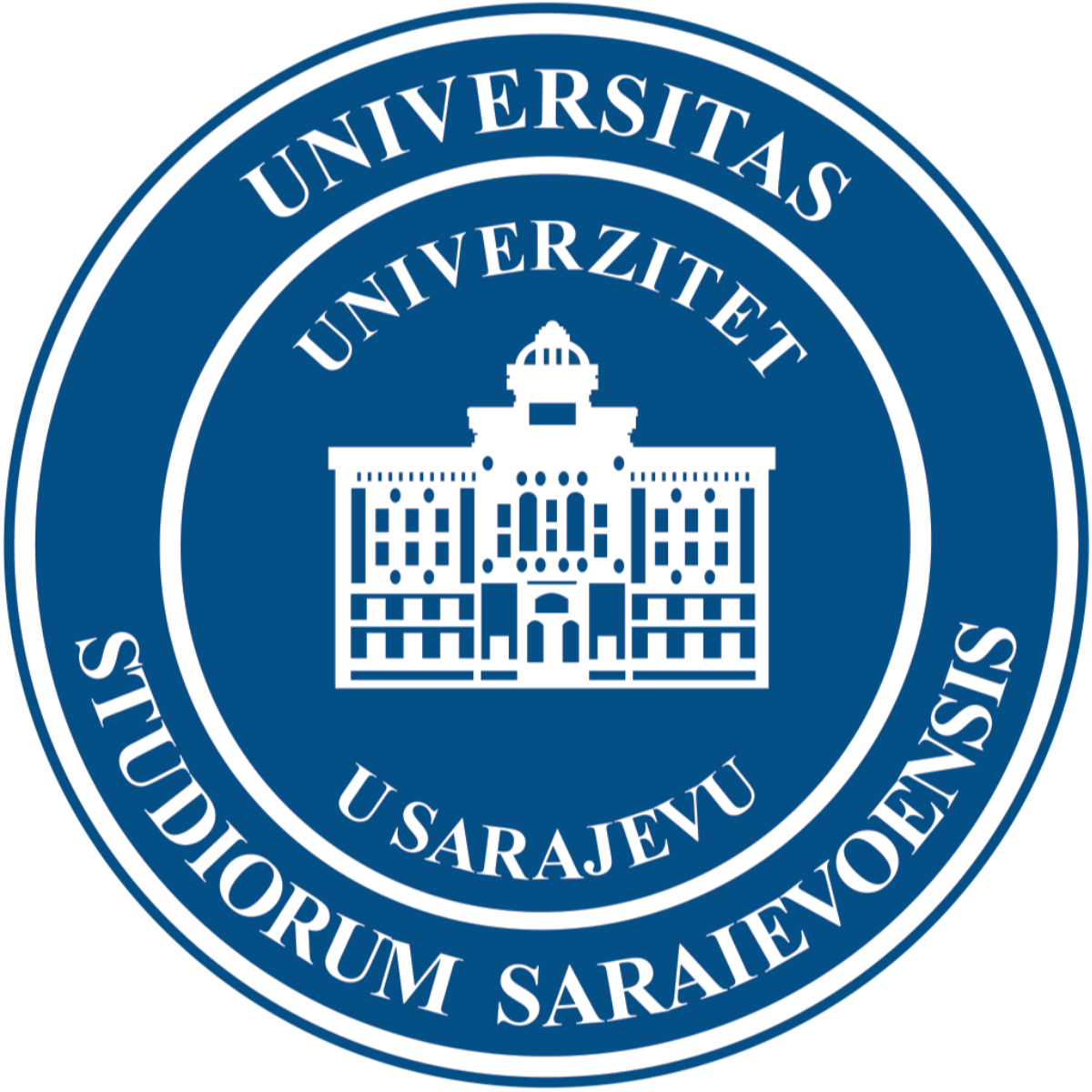Bachelor of Science in Electrical Engineering
Student enrollment and admission
Automation and electronics
Study plan and program
Electric power
Study plan and program
Computing and informatics
Study plan and program from 2014/2015
Study plan and program until 2014/2015
Telecommunications
Study plan and program
Data Science and Artificial Intelligence (DSAI)
Title of the title obtained upon completion of studies: Bachelor / Bachelor - Electrical Engineer, Department of Telecommunications
Main field of study: Telecommunications
Study cycle: First cycle of studies (Bachelor's degree)
Minimum number of acquired ECTS: 180
Official duration of the study program: Six semesters / Three years
Enrollment requirements: Completed high school lasting four years and entrance exam in mathematics
Mode of study: Full-time
Official working language: Bosnian / Croatian / Serbian
Accreditation: [ASIIN](lhttp://www.asiin-ev.de/pages/de/asiin/akkreditierung-studiengaenge/akkreditierte-studiengaenge.php?id=6370, Euro-Inf®
Educational goals:
Bachelor / Bachelor - Electrical Engineer, Department of Telecommunications:
has fundamental knowledge of mathematics, physics, electrical engineering, electronics, electromagnetics and information theory needed by electrical engineers with a focus on applications in the field of telecommunications
has a broad education in the field of electrical engineering and telecommunications with insight into current issues of telecommunications, which enables him to identify and solve engineering problems in the field of telecommunications and contributes to the design of telecommunications systems and processes
possesses the following skills necessary to work as a telecommunications engineer:
design, planning, operational management and maintenance of: communication systems and software applications required for the operation of these systems; electronic systems related to telecommunication systems; communication networks, telemetry and similar applications, signal processing systems
design of components and subsystems of telecommunication systems
possesses knowledge, skills and competencies that enable the continuation of education in the field of telecommunications or related fields
is able to follow and use relevant professional literature and continuously acquire new knowledge through non-formal learning methods and their application in practice, and is aware of the need for further training in the profession through the process of lifelong learning
has appropriate communication skills, is ready to work in teams with people from the same or other fields, and has a responsibility to the profession and society as a whole.
Learning outcomes:
Upon completion of the first cycle of studies, the student has the following knowledge, skills and competencies:
basic knowledge of mathematics and physics, as well as deeper knowledge and understanding of electrical engineering
basic engineering knowledge from the approach to analysis, expression and problem solving
insight into the connection of telecommunications with electrical engineering and other engineering disciplines, as well as with mathematics, physics and informatics
knowledge of informatics and programming required for the application of computer methods
good specialist knowledge in the following fields of telecommunications: electronics, electromagnetic fields and wave propagation, theory of information, signals and systems in telecommunications, telecommunications techniques, hubs in telecommunications networks, wireless telecommunications, networking, network protocols and traffic theory,
ability to select and apply appropriate engineering principles and mathematical and computer methods to problems in the field of telecommunications
ability to identify, analyze and express problems in telecommunications that they did not encounter during schooling
ability to solve these problems by applying the acquired engineering knowledge, general knowledge of mathematics, physics and informatics, and specialist knowledge of telecommunications with the help of appropriate literature that they are able to find
ability to design and conduct tests and experiments in the field of telecommunications from which they can draw conclusions and test hypotheses
ability of analysis, synthesis and configuration:
communication systems
electronic systems related to telecommunication systems
components and subsystems of telecommunication systems
communication networks, telemetry and similar applications
signal processing system
communication systems and software applications required for the operation of these systems
using appropriate methods and techniques taking into account scientific, technical, social, environmental and economic conditions and standards
knowledge of the use of telecommunications in practice, knowledge of standards and understanding of the impact that telecommunications systems, their operation and maintenance of activities have on the environment and understanding of the need for sustainable development
understanding the need and achieving constant monitoring of the development of telecommunications and learning new principles, techniques and technologies in all the above mentioned areas of telecommunications
ability to work in various professional fields thanks to the acquired general, specialist and methodological competencies
ability to communicate with colleagues and the public on issues and problems related to all areas of telecommunications
ability of individual and team work, organizing and implementing projects
preparedness for industry or academy requirements when hired after graduation.
Study plan and program:
Click here to view and download the plan and program.
